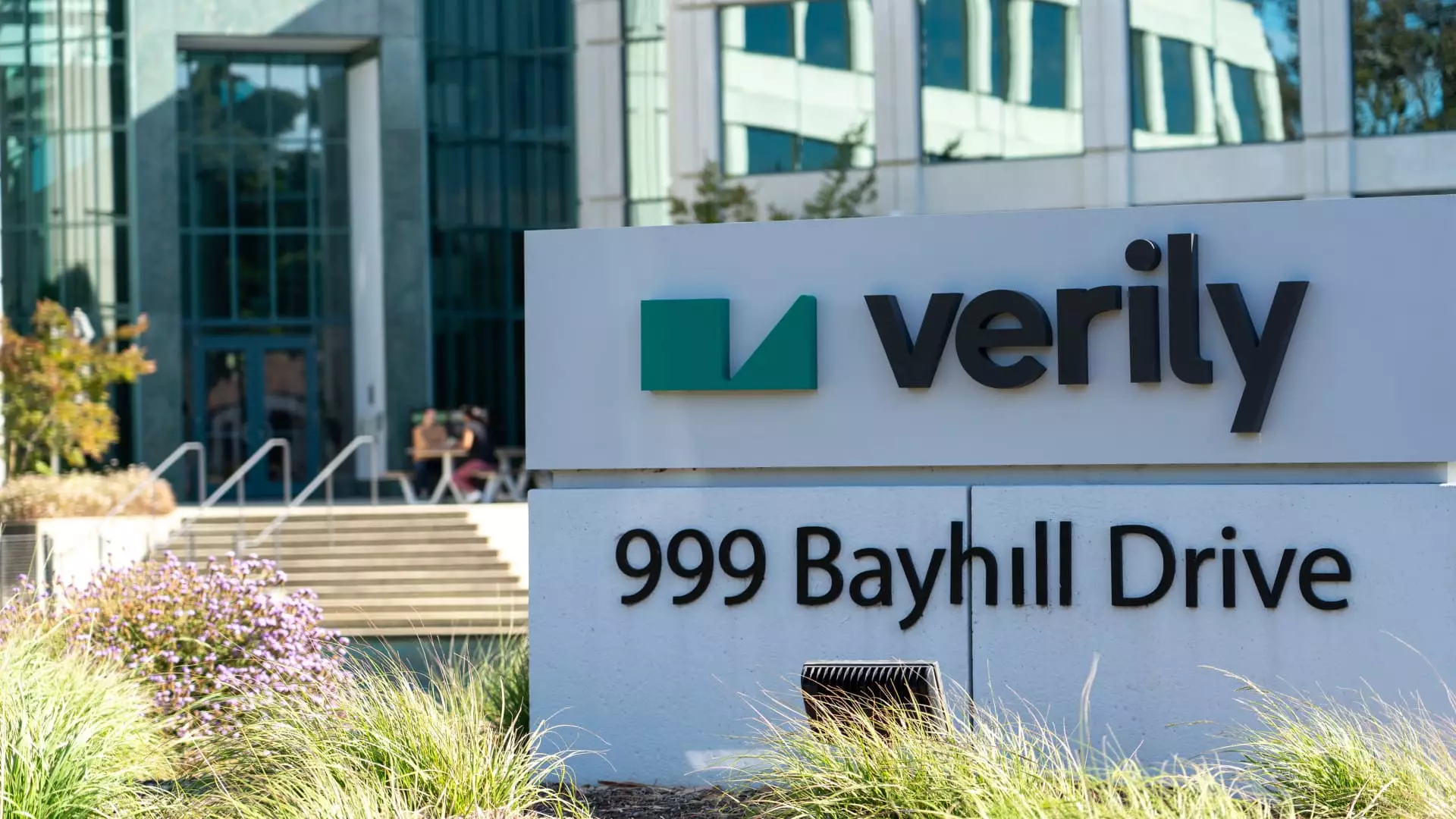In a significant strategic maneuver, Verily, a subsidiary of Alphabet focused on healthcare innovation, has opted to divest its stop-loss insurance unit, Granular Insurance Company, to Elevance Health. This move, confirmed to CNBC, underscores a series of transformative changes underlining Verily’s struggle to establish a solid foothold in the increasingly competitive health tech sector. While the specifics of the agreement remain undisclosed, the sale marks a pivotal development in Verily’s ongoing evolution.
Launched in 2020 under the name Coefficient Insurance Company, Granular aimed to provide self-funded employers with comprehensive stop-loss insurance and reinsurance solutions, leveraging proprietary technology for operational efficiency. Financial backing from the Swiss Re Group, a global leader in insurance, propelled Granular into the market. However, despite its innovative approach and initial promise, the unit’s performance did not align with Verily’s broader ambitions, prompting the company to refocus its efforts away from insurance solutions.
This divestment is not an isolated incident but part of a broader trend featuring considerable restructuring within Verily. Over recent years, the company has experienced substantial workforce reductions and numerous changes in executive leadership. Talent acquisition has included high-profile figures from major technology firms, as seen with Myoung Cha, who previously led health strategic initiatives at Apple, now serving as Verily’s chief product officer. This influx of expertise was intended to enhance Verily’s strategic direction, yet the company continues to grapple with establishing a coherent niche within the healthcare ecosystem.
Verily’s trajectory has been marked by continual pivots since its inception in 2015. Initially born as a part of Alphabet’s innovation lab X, Verily ventured into various areas, including developing hardware like glucose monitors. The emergence of the COVID-19 pandemic prompted another shift, redirecting the company’s resources towards pandemic response. By 2022, the focus transitioned again to precision medicine, culminating in the recent introduction of Lightpath, a chronic care solution leveraging artificial intelligence to address metabolic health.
The recent divestiture of Granular Insurance Company indicates a deliberate strategy for Verily to concentrate on its core competencies in precision health rather than spreading its efforts too thin across multiple sectors. By stepping away from the insurance landscape, which required a distinct skill set and expertise, Verily seems intent on refining its identity as a leading health tech innovator. This divestment, however, raises pertinent questions about long-term sustainability and the efficacy of their pivot strategies as the company seeks to make a meaningful impact within the health tech narrative.
As Verily continues to adapt to the complexities of the healthcare landscape, the sale of Granular serves as a reflection of its larger strategic goals. While the road ahead may be uncertain, the company’s resolve to find its place within precision medicine could very well define its legacy amid a rapidly evolving industry.

